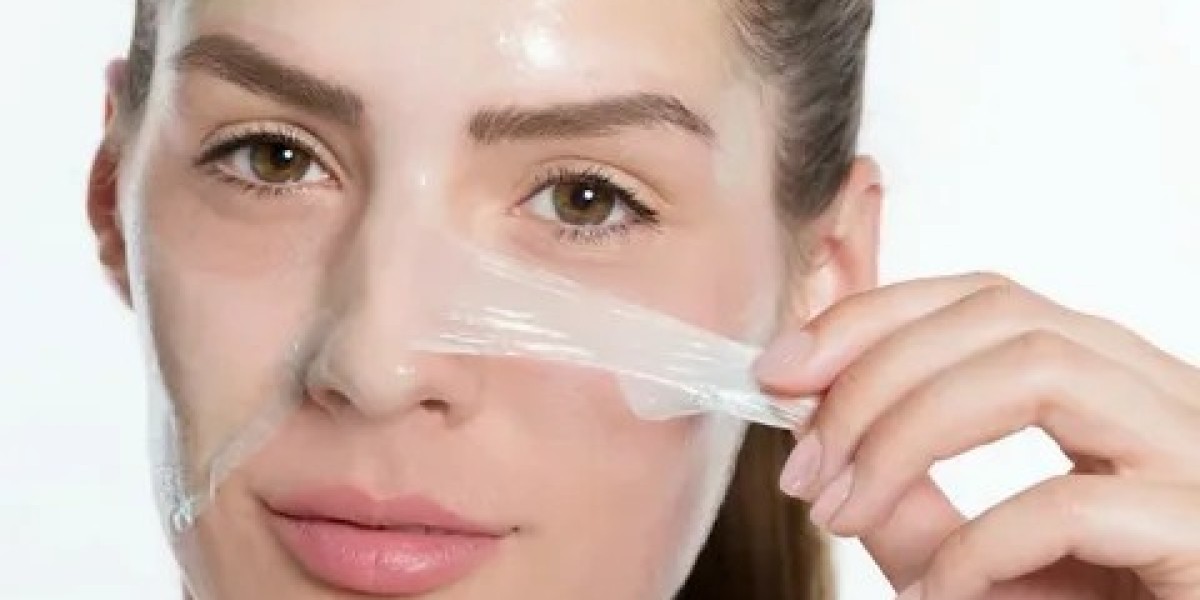Chemical skin peel is a widely used dermatological procedure that rejuvenates the skin, reduces pigmentation, and improves texture. While it is safe and effective for most individuals, it may not be suitable for everyone. Knowing who should avoid this treatment is crucial to prevent adverse reactions and ensure healthy skin.
In Islamabad, professional clinics emphasize screening patients before treatment to ensure suitability and safety, making it essential to understand potential contraindications.
What is a Chemical Skin Peel?
A chemical skin peel involves applying a chemical solution to exfoliate the outer layers of skin, stimulating collagen production and encouraging new skin growth. This results in smoother, brighter, and healthier skin.
Chemical Skin Peel in Islamabad is customized for individual skin types and concerns. Dermatologists assess the patient’s skin to determine the appropriate peel type, strength, and frequency for safe and effective results.
While chemical peels are highly beneficial, certain conditions and skin types require caution or avoidance.
Health Conditions That May Prevent Chemical Peels
Some health conditions may make chemical skin peels unsafe:
Active Skin Infections: Individuals with bacterial, viral, or fungal infections on the face should avoid peels until the infection is treated.
Severe Acne or Rosacea Flare-Ups: Active inflammation can increase the risk of irritation and complications.
Pregnancy and Breastfeeding: Hormonal changes can affect skin sensitivity; peels are generally not recommended during this period.
Allergies to Peel Ingredients: Sensitivity to acids or chemicals used in peels may trigger adverse reactions.
Autoimmune Disorders or Skin Diseases: Conditions such as eczema or psoriasis may worsen with chemical exfoliation.
Consulting a dermatologist before undergoing a peel ensures that pre-existing conditions are considered for safety.
Medications That May Interfere
Certain medications can increase skin sensitivity or interfere with healing after a chemical peel:
Retinoids and Vitamin A Derivatives: These can make the skin more sensitive to chemical exfoliants.
Blood Thinners: May increase the risk of bruising or delayed healing.
Accutane (Isotretinoin): Skin may be more fragile; peels are usually postponed until after treatment.
A thorough discussion with your dermatologist about current medications is essential to avoid complications.
Skin Types That Require Caution
Not all skin types respond the same way to chemical peels. Individuals with the following skin characteristics should proceed carefully:
Very Sensitive Skin: High risk of irritation, redness, or prolonged recovery.
Dark Skin Tones: May experience hyperpigmentation or uneven tone if peel is too strong.
Thin or Fragile Skin: More prone to damage; light peels or alternative treatments may be safer.
Customized peel strength and professional supervision are crucial for these skin types.
Signs You Should Avoid a Peel
Individuals should consider postponing or avoiding chemical peels if they notice:
Open wounds, cuts, or sunburn on the treatment area
Recent facial procedures like laser resurfacing or dermabrasion
Persistent redness, irritation, or allergic reactions to skincare products
Ignoring these signs can result in severe irritation, scarring, or delayed healing.
Alternatives for Unsuitable Candidates
For those who cannot undergo a chemical peel, alternative treatments may be considered:
Microdermabrasion: Gentle exfoliation without strong chemicals
Facials and Hydrafacials: Target hydration and mild exfoliation
Topical Treatments: Professional serums and creams to improve skin tone and texture
Laser Treatments: For pigmentation or acne scars under dermatological guidance
Consulting a certified dermatologist ensures the safest and most effective alternative tailored to individual skin needs.
Importance of Professional Consultation
Selecting a certified clinic in Islamabad is crucial for determining candidacy for chemical peels. Dermatologists evaluate skin type, medical history, and lifestyle factors before recommending treatment.
Professional guidance reduces risks, ensures safe results, and helps patients achieve the desired skin improvements without complications.
Post-Care Considerations Even if Eligible
Even those eligible for a chemical peel must follow strict post-treatment care:
Use broad-spectrum sunscreen to protect sensitive skin
Apply moisturizers to aid healing and reduce dryness
Avoid harsh products, scrubs, or excessive sun exposure
Follow dermatologist instructions to prevent pigmentation or irritation
Proper care enhances results and minimizes side effects, making professional supervision essential.
Conclusion
While chemical skin peel is highly effective for rejuvenating and improving skin, it is not suitable for everyone. Individuals with active infections, certain skin conditions, specific medications, or very sensitive skin should avoid or postpone treatment. Professional consultation ensures that chemical peels are performed safely, achieving optimal results without complications.
For safe and personalized chemical peel treatments in Islamabad, Enfield Royal Clinic in Islamabad provides expert assessment, customized procedures, and professional guidance to ensure your skin achieves the best possible results.





